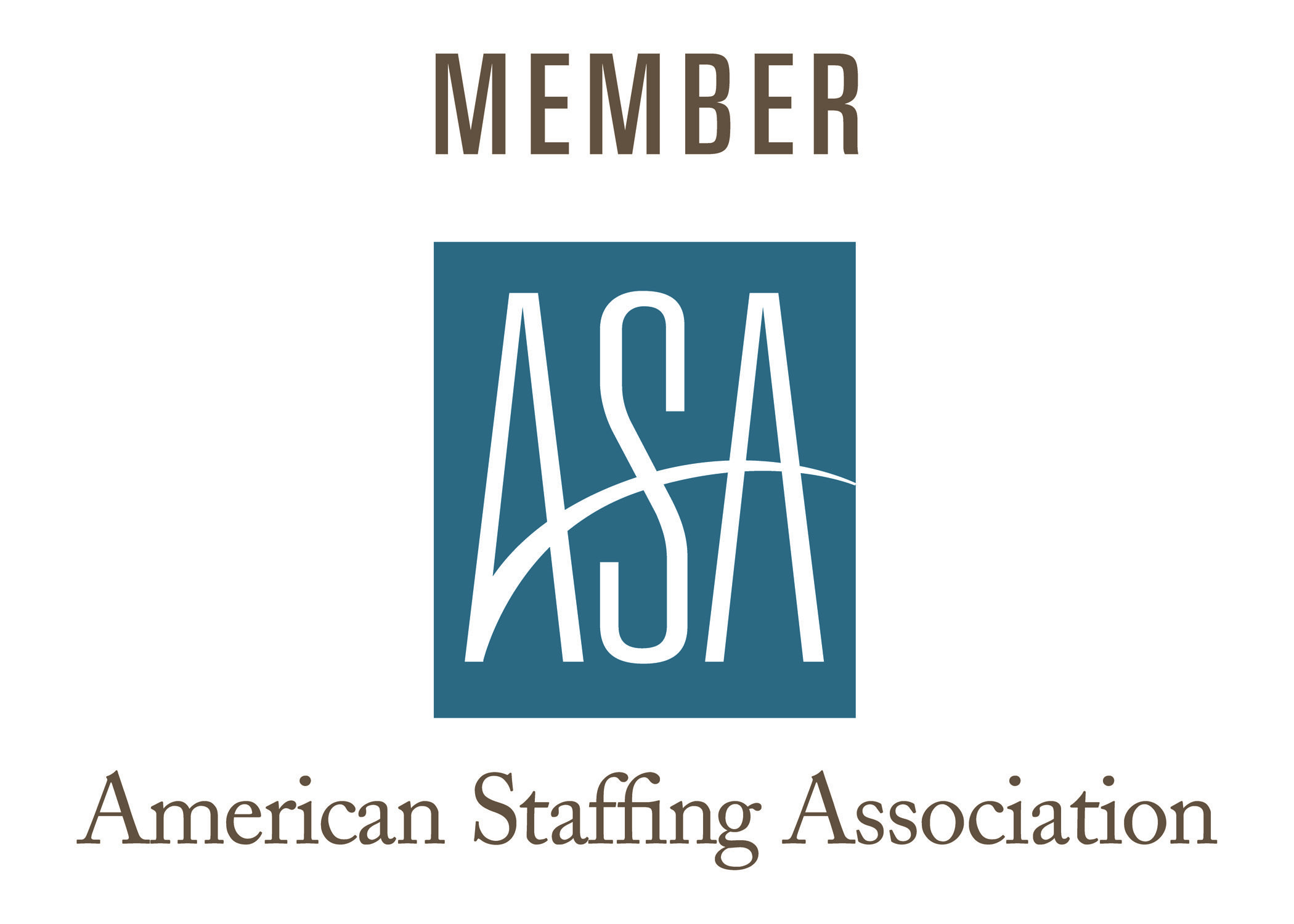In the fast-paced world of dentistry, where precision and care are paramount, the demands on dental professionals can easily lead to stress and an imbalance between effort and reward. Long hours, tight schedules, and high patient expectations can stretch you thin. But what if there were effective strategies to reduce this stress and create a healthier, more rewarding work environment?
This post will explore practical solutions designed specifically for dental practitioners, offering insights into managing workplace stress and addressing the effort-reward imbalance. These strategies aim to help you cope and thrive in the demanding field of dentistry.
Strategies for Managing Workplace Stress
1. Recognize the Signs of Stress and Burnout
The first step in managing stress is recognizing its presence. Burnout can manifest in various ways, including fatigue, irritability, reduced concentration, and physical symptoms like headaches or muscle tension. In a profession as demanding as dentistry, it’s easy to dismiss these signs as a normal part of the job. However, acknowledging when you’re feeling overwhelmed is essential for taking action before stress negatively affects your performance or health.
2. Set Realistic Goals and boundaries.
Many dental practitioners fall into the trap of overcommitting, which can lead to feeling overworked and underappreciated. Setting clear, achievable goals for your practice and your personal growth can help to keep your workload manageable. It’s equally important to establish boundaries—whether it's limiting after-hours communications or ensuring your work schedule allows for adequate breaks and personal time. By setting boundaries, you’re not only protecting your well-being but also ensuring you can provide the best care for your patients.
3. Prioritize Self-care and Mental Wellbeing
Taking time for self-care is crucial in reducing workplace stress. Simple practices such as regular physical exercise, meditation, or even taking short breaks during the day can help reset your mental state and prevent burnout. In addition, many dental professionals find benefits in mindfulness techniques that promote focus and relaxation, helping you stay calm even in high-pressure situations.
Consider seeking professional support if stress feels overwhelming. Speaking with a mental health professional or counselor can provide guidance and tools for managing workplace pressures. In some cases, connecting with peers or joining a professional support group can also offer a sense of community and shared understanding.
4. Implement Effective Time Management Techniques
Poor time management is one of the leading causes of stress in dental practices. To avoid feeling rushed and overwhelmed, consider implementing better scheduling practices. This might include spacing out patient appointments to allow for adequate preparation and recovery time or delegating tasks to qualified team members to reduce your personal workload. Utilizing digital tools, such as practice management software, can also streamline operations, making it easier to stay on top of appointments, billing, and patient care.
5. Leverage Professional Support networks.
One of the most effective ways to combat burnout is to tap into the support and resources available through professional organizations. Many dental associations offer a wealth of tools designed to help professionals manage stress, improve work-life balance, and address mental health challenges. These networks provide a sense of community, allowing you to connect with peers who understand the unique pressures of the profession.
For example, the American Dental Association (ADA) offers valuable resources, such as wellness programs, educational webinars, and access to counseling services. By taking advantage of these offerings, you can gain insights into effective stress management techniques, learn about self-care practices, and participate in peer support groups that foster a healthier work environment.
6. Continuous Professional Development
Finally, ongoing professional development can be an effective way to manage stress and effort-reward imbalance. Staying updated on the latest dental techniques and technologies can boost your confidence and competence, reducing the anxiety that comes from feeling out-of-date or unprepared. Additionally, expanding your skill set can open doors to new opportunities, allowing you to diversify your practice and potentially increase your earning potential.
Attending seminars, workshops, and networking events not only strengthens your knowledge but also provides a chance to connect with other dental professionals who may be facing similar challenges.

Addressing Effort-Reward Imbalance
Do you ever feel like you’re giving your all at work, but the rewards don’t seem to add up? That’s an effort-reward imbalance. It’s when the effort you put in doesn’t match the rewards you’re getting—whether it’s money, recognition, or opportunities to grow. Fixing this is important for both your happiness at work and your overall well-being. Here’s how you can start addressing it:
1. Set Clear goals.
Define what you want to achieve in your role and discuss these goals with your supervisor or manager. Clear, achievable objectives help ensure that your efforts are aligned with expected rewards and provide a sense of direction. Regularly review and adjust your goals as needed.
2. Communicate Openly
Have honest discussions with your supervisor about your workload and the rewards you receive. Provide constructive feedback on how your efforts are being recognized and explore potential adjustments. Open communication helps align expectations and can lead to improved support and recognition.
3. Seek Recognition and feedback.
Actively seek feedback on your performance and ask for recognition of your achievements. If you feel that your contributions are not being acknowledged, address this with your supervisor. Discuss ways to better highlight your work and the impact it has on the practice.
4. Explore Professional Development
Invest in professional growth by pursuing additional skills or certifications. Professional development can enhance your career prospects and increase your value within the practice. It can also lead to better opportunities and greater rewards, both financially and professionally.
5. Consider Non-Financial Rewards
If financial rewards are limited, explore other forms of recognition that might be available, such as flexible scheduling or opportunities for career advancement. Non-monetary rewards can also significantly contribute to job satisfaction.
Conclusion
Workplace stress is an unavoidable part of any demanding profession, and dentistry is no exception. The high expectations, tight schedules, and need for precision can make stress a constant companion for dental professionals. Over time, unchecked stress can lead to burnout, fatigue, and a decrease in job satisfaction. However, stress becomes even more problematic when compounded by an effort-reward imbalance—when the effort you put into your work isn't met with appropriate recognition or rewards. This imbalance can amplify stress, making it harder to find fulfillment in your career.
To manage both stress and effort-reward imbalance, it’s important to recognize when you're overwhelmed and take proactive steps to address the issues. Setting realistic goals and boundaries can prevent burnout, while prioritizing self-care ensures you stay physically and mentally well. Open communication with your supervisors about workload and recognition can help align your efforts with the rewards you receive.
Professional development also plays a crucial role in reducing stress. By staying current with new techniques and expanding your skill set, you can build confidence and feel more in control of your work. In cases where financial rewards may be limited, seeking non-monetary benefits such as flexible schedules or career growth opportunities can also enhance your sense of job satisfaction.
Empower Your Career With Verovian Dental Recruitment Agency
At Verovian Dental Recruitment Agency, we understand the unique challenges faced by dental professionals and are dedicated to helping you find a role that aligns with your career goals and personal well-being. Whether you’re seeking new opportunities to enhance your career or looking for a position that offers better work-life balance and recognition, our team is here to support you every step of the way. Register with us today and become part of a network that prioritizes your mental well-being and is committed to helping you achieve your career goals.




